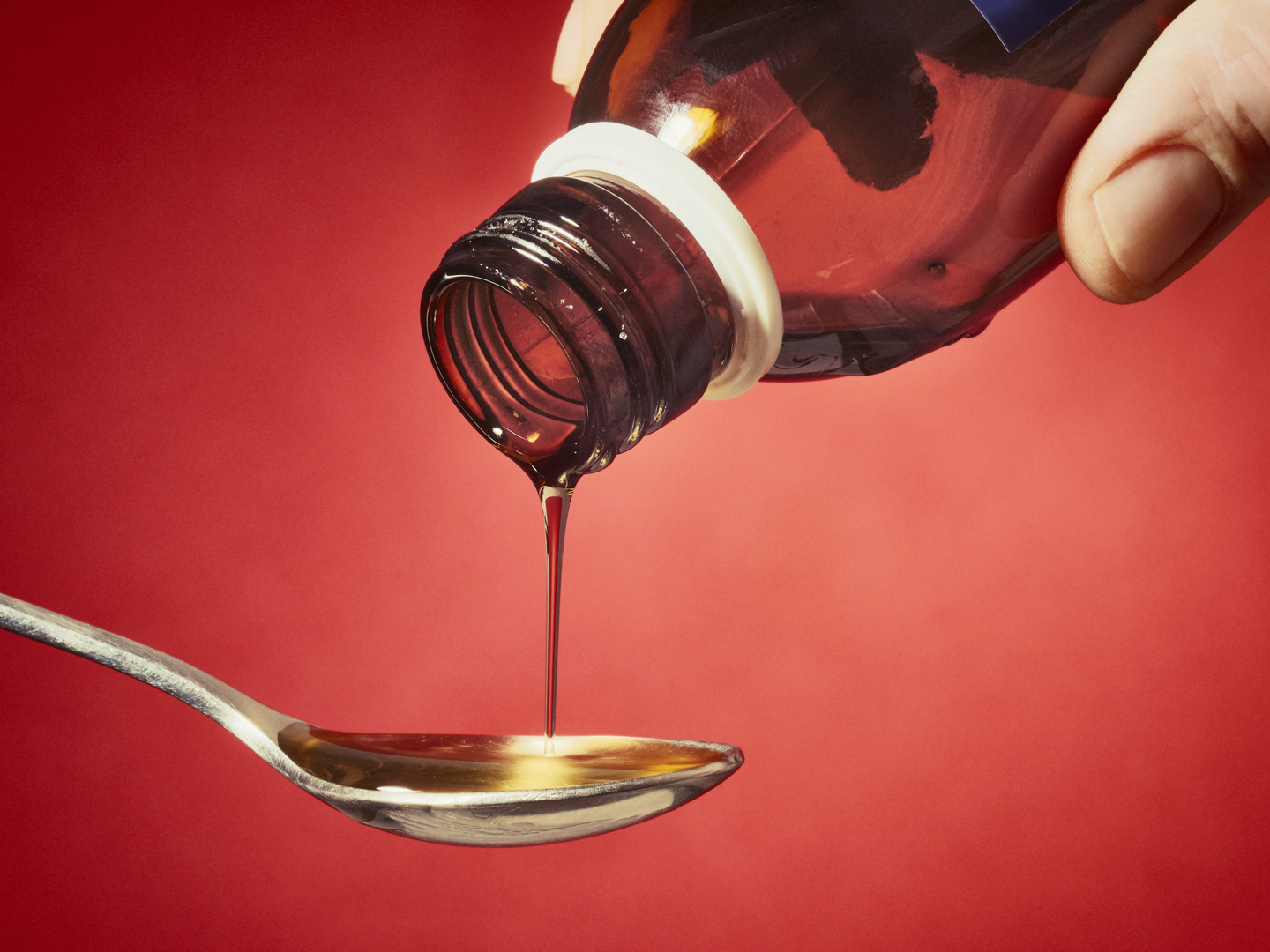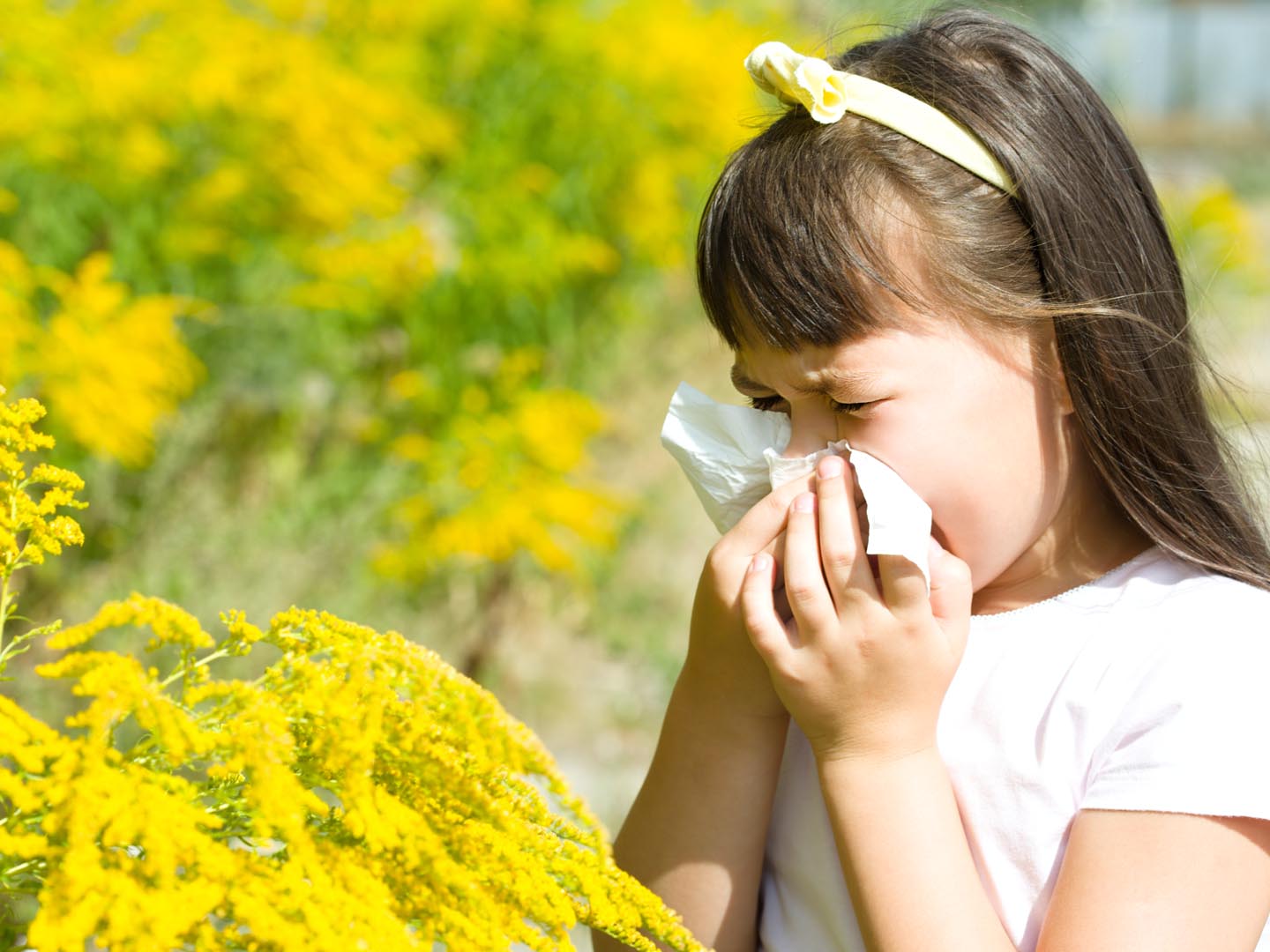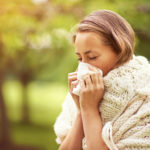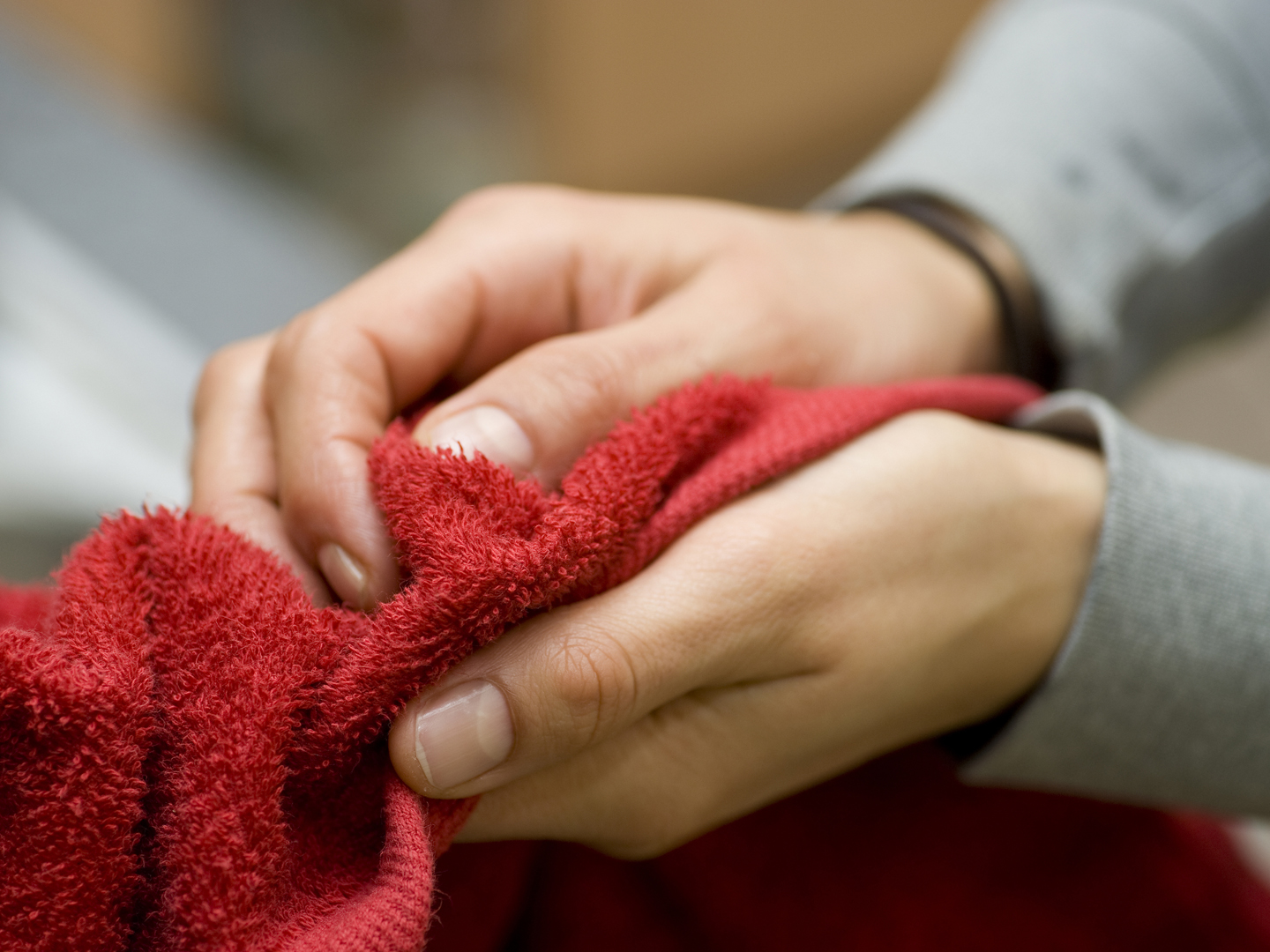Alternatives to Kids' Cold Medicines

Download Dr. Weil’s brochure on treating colds in children healthfully here. (pdf, Adobe Acrobat Reader required)
On Jan. 17, 2008, the U.S. Food and Drug Administration issued a public health advisory stating that over-the-counter cough and cold medicines should not be given to infants and children under the age of 2. The FDA is still considering advisory action for children ages 2 to 11.
This follows an Oct. 19th, 2007, FDA committee recommendation that many common over-the-counter cough and cold remedies not be used in children younger than six. Citing a lack of proven effectiveness and a need for clinical trials in children, the panel voted unanimously that the products should not be used in children younger than two, and voted 13 to 9 against use in children of ages 2 to 6.
Many manufacturers have voluntarily recalling products, including Dimetapp Decongestant Plus Cough Infant Drops, Little Cold Decongestant Plus Cough, Robitussin Infant Cough DM Drops, and more. For a complete list of withdrawn products, go to www.otcsafety.org/withdrawn.html.
I applaud this action by the FDA. Physicians have long been aware that cough syrups provided little if any benefit and could be dangerous.
In 2004, the journal Pediatrics published a study that found that a placebo of flavored water quelled kids’ nighttime coughs better than medicines containing either dextromethorphan, which suppresses coughing, or diphenhydramine, an antihistamine. And according to the U.S. Centers for Disease Control and Prevention, in 2004 and 2005 at least 1,519 children under the age of two suffered serious health problems after being treated with common cold and cough remedies, and three of the children died.
A petition from a group of leading pediatricians asked the FDA to look into these products, noting that in some children, unintentional overdoses caused heart rhythm changes, cardiopulmonary arrest, hallucinations, psychoses, hypertension and seizures.
But with the advisory and withdrawal in place, parents want to know: What can we do now? While there is no cure for colds, there are several things you can do to help make your young children more comfortable while the virus runs its course. These recommendations are adapted from those of the American Academy of Pediatricians (see more at: http://www.aap.org/publiced/BR_Infections.htm):
- To relieve a stuffy nose, use saline nose drops. Ask your pediatrician which ones to use, and NEVER use over-the-counter nose drops that contain any medication.
- Clear a baby’s nose with a suction bulb. Squeeze the bulb, gently put the rubber tip into the baby’s nostril and slowly release the bulb. This works best for babies less than 6 months old.
- Use a cool-mist humidifier in the child’s room to moisten the air and clear the child’s nasal passages. Clean the humidifier often (I recommend using distilled water, which has less potential to aerosolize contaminants and makes maintenance easier).
- To relieve fever, give acetaminophen or ibuprofen. Ask your pediatrician for the correct dosage for you child’s age and weight. Don’t give aspirin, as it has been associated with Reye’s Syndrome, a disease that affects the liver and brain.
- Make sure the child drinks plenty of fluids to prevent dehydration.
- If the virus does not go away, or seems to worsen, call your pediatrician.
Echinacea has proven very helpful in adults, but has been less well studied in children. My colleague, pediatrician Dr. Sandy Newmark, recommends treating colds in kids with echinacea and zinc lozenges if they are old enough to suck them without swallowing or chewing them. (Some kids may not go for the way they taste, and they can cause nausea). He also recommends extra vitamin C: 125 mg three times a day for children who weigh 20-29 pounds; 250 mg three times a day for those who weigh 30- 59 pounds and 500 mg three times a day for those who weigh more than 60 pounds. Effervescent, powdered forms of vitamin C make up into pleasant-tasting drinks. Give the supplements at the first sign of a cold. Avoid any products that contain artificial colors or sweeteners.
My colleague Tieraona Low Dog, M.D., an internationally recognized expert in the fields of integrative medicine, dietary supplements and women’s health, and an expert on herbal medicine, agrees with Dr. Newmark and adds that “otherwise healthy kids are pretty good at shaking off colds. The best medicine is helping them get extra sleep – and giving them plenty of vitamin-C-rich fluids.”
Also keep in mind that not all coughs are bad. Coughing is a natural way to bring up mucus that otherwise compromises breathing passages, and this kind of cough should be allowed to run its course as long as it’s clearing things out.
Finally, remember that the best “treatment” for a cold is prevention. Make sure your children wash their hands regularly and avoid direct or indirect contact with people who have colds or fevers.
Download Dr. Weil’s brochure on treating colds in children healthfully here. (pdf, Adobe Acrobat Reader required)








